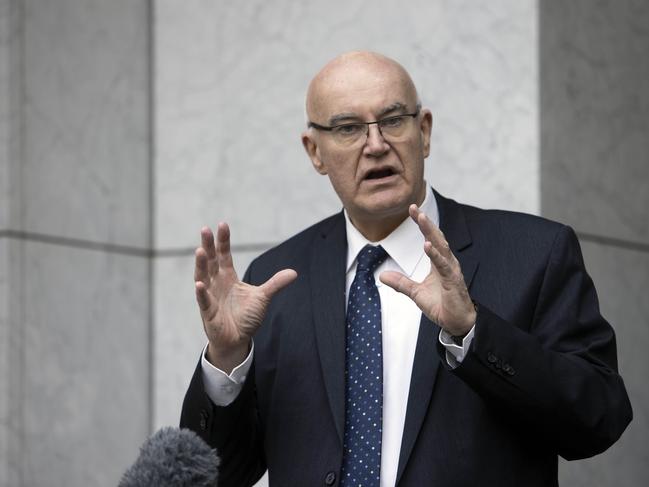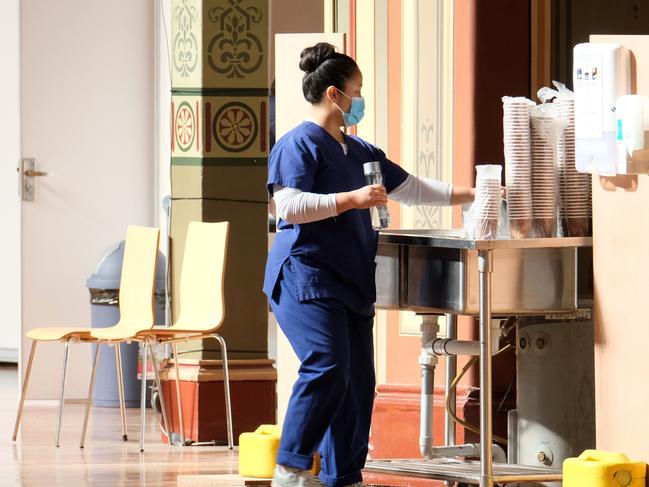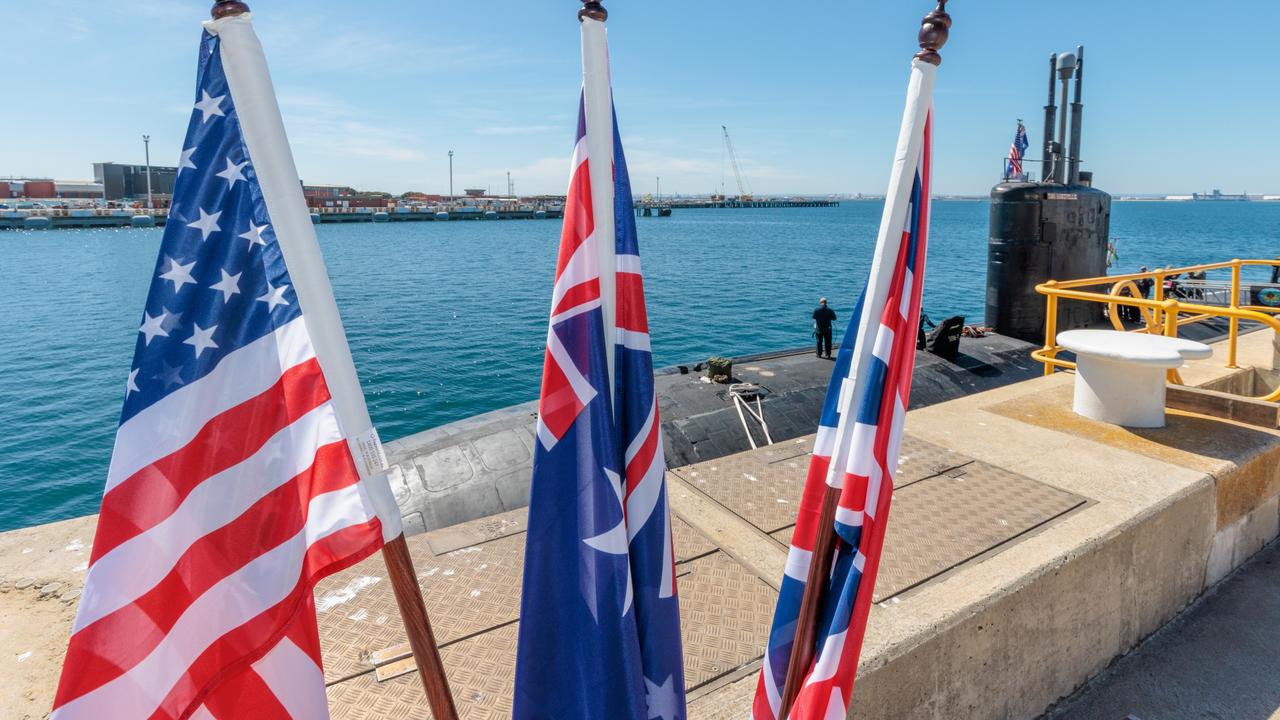Authorities provide update on Australia’s vaccine rollout, blood clot reports
Australia’s drug regulator has revealed new figures about adverse events in people who have had a coronavirus vaccine.

National
Don't miss out on the headlines from National. Followed categories will be added to My News.
Five new cases of rare blood clotting linked to the AstraZeneca vaccine have been reported in Australia.
The nation’s drug regulator on Thursday reported that clotting and low platelets had been identified in a 74-year-old man and a 51-year-old woman in Victoria, a 66-year-old man in Queensland, a 64-year-old woman in Western Australia and a 70-year-old man in Tasmania.
Therapeutic Goods Administration head John Skerritt said this took the total number of cases with clotting and low platelets to 11, with a further three cases under investigation.
“We have received 163 reports of blood clot disorders for people who had had AstraZeneca vaccine a few days or a couple of weeks beforehand,” Professor Skerritt said of the rollout.
He warned that blood clotting was quite a common cause of serious illness and death in Australia.

Professor Skerritt said more than 15,000 adverse event reports had been made since the rollout began, but that did not mean the vaccines were less safe than others.
For every thousand doses of either the Pfizer or AstraZeneca vaccine administered, authorities received between six and seven reports of adverse events on average.
“It might sound funny but we are actually encouraged by the fact because we want consumers to report adverse effects to us,” he said.
“Overwhelmingly, these reports are of the sorts of things that are associated with any vaccination generally – fever, joint pain, muscle, muscle soreness, tiredness, maybe nausea and vomiting.”
He said adverse events were more common after the first dose of AstraZeneca and after the second dose of Pfizer.
Of 54 cases of an allergic reaction after inoculation, 16 were found to be genuine.
“All of those people have recovered,” Professor Skerritt said.
“They were often treated with adrenaline by their healthcare facility.
“There is a warning with the vaccines that if you’ve had this sort of reaction to similar sorts of products, or vaccines, before don’t get vaccinated with the Pfizer vaccine.”
He said of the five people hospitalised last week after having a COVID-19 vaccine, four had now gone home.

Health Minister Greg Hunt on Wednesday announced the number of vaccine doses given to GP clinics would triple from next week.
About 3000 clinics will now receive between 150-200 doses a week to ramp up inoculation in people aged over 50.
Commodore Eric Young, who is co-ordinating the vaccine distribution process, said an additional 130,000 Pfizer doses would be allocated to states and territories, doubling their current allocation.
“Next week will see a 157 per cent increase in the vaccines distributed across the country,” Mr Young said.
“That will be our biggest week of distribution by far, aiming to have more than 850,000 doses of the vaccine distributed across the country.”
More than half a million vaccine doses were distributed this week to almost 3000 sites.
The Therapeutic Goods Administration this week ticked off on 351,000 doses of Pfizer vaccine that arrived in Australia earlier this week.
A further 736,000 doses of the domestic manufactured AstraZeneca vaccine were also released.
More than 77,000 vaccines were administered on Wednesday, with almost 2.5 million jabs now in arms.
At least 1800 of aged care facilities nationwide have now received their first dose.
Originally published as Authorities provide update on Australia’s vaccine rollout, blood clot reports



